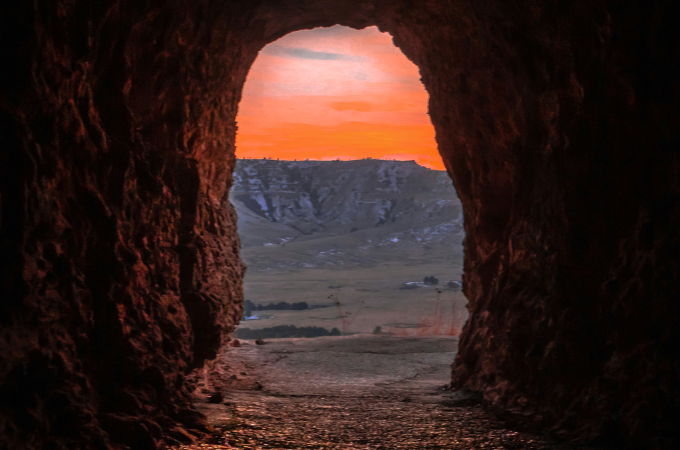
For Bapa
Kiana says
Maybe history is a homeland…
Maybe we do not return to earth
when we die,
maybe we return to each other
sheets of old skin,
rolled up like letters in bottles
and sent to sea,
unfurling into new bodies[1]
touring iKapa in a red bus with Maleeah[2]
I see the city through her ન।ન।બ।પ।’s eyes[3]
Kiana reaching for history
great great grandma through skin and sea
what if trees are the past’s memory
rooted and branching
lungs and breathing
pumping continuity
12 million year old cycads
descending from ancients of Pangea
280 million year lineage some
remaining pronged poles
cultivated at Kirstenbosch[4]
Huri≠oaxa trees feeding eland eliciting[5]
their first human neighbours
pushed by drought valleys to littorals
taste of marine food seeding
the first calendar
tracking moons to map
the sea harvest new acids unfurling
human memory[6]
the red bus remembers the Groot Constantia ghost
wine baron’s drunken son breaking
his young neck steering a horse up
Huri≠oaxa’s foot at midnight
the oak trees remember
shading the first vineyard[7]
planters of the oaks vines
not held by the red bus
scene you would have seen and shown Maleeah
the red bus doesn’t re/visit
the old fir octagon at Spin Street
slave trading spot until 1916[8]
or Elim to the east fynbos hugging Mzansi’s sole
commemoration of slave emancipation[9]
lungs and breathing pumping continuity
two and a half thousand descendants still
hugging thatched cottages plots
given to ancestors free
but destitute
the few descendants of Hoerikwagga’s silver forest
recall cousins southeast ximafana dying
for Hermanus homes
Clanwilliam cedar to the north logged late 1700s
last seven thousand
lathed to tele-poles 100 years on[10]
Saint J. Page Yako and the Makwayini recollect
spots horns buzzing singing
making home in woods
ripped
for the shortest pine
sugary but no good for porridge or a wedding dance[11]
history you would have limned
trees and hollowed trees embracing
leafless peaking leafed
branchless rising through branchfull
Kiana hears whispers of ancestors
carried across the water by winds
that whisk the past out of its hiding place…
sending the broken pieces
flying across centuries
to her
I ride the broken memory of a red bus travelling Camissa[12]
hearing whispers of trees
lungs summoning breadth your eyes still
making me reach histories
that are mine
that are not mine
that are ours
[1] Lines from Kiana Rawji’s poem, ‘Origin’, https://www.cbc.ca/books/literaryprizes/origin-by-kiana-rawji-1.5765644
[2] iKapa: as Cape Town is known to the majority in South Africa.
[3] ન।ન।બ।પ।/nanabapa: mother’s father in Kachhi and other languages.
[4] A tree that looks like a set of rakes. The long poles represent ancestry; the many tiny prongs represent youth. Cycad species today, in South Africa, are critically endangered or/and extinct in the wild. See https://ewt.org.za/cycads-prehistoric-plants-in-peril/#:~:text=Moreover%2C%20cycads%20hold%20cultural%20and,symbol%20of%20longevity%20and%20strength and https://www.nationalgeographic.com/science/article/living-fossil-cycad-plants-are-actually-evolutions-comeback-kings
[5] Huri≠oaxa/where the clouds are gathered, as Table Mountain is known to the San, the first people of South Africa. Eland: holy for the San due to the eland’s navigation between worlds of the dead and the living. See https://www.culturalsurvival.org/news/landback-south-africa-fight-table-mountain
[6] When early humans lived off the land, eating animals and greens, life was day to day survival. This changed when humans began eating seafood; fatty acids developing the human brain toward the ability to remember, beginning with patterns of the moon. See Kukumakranka: Khoi-Khoin Culture, Customs and Creative Cooking, by Renata Coetzee and Voker Miros (Lapa Publishers, 2010).
[7] The oak tree, indigneous to the Northern hemisphere, was first planted in Cape Town at Groot Constantia.
[8] Slavery was officially abolished in the Cape Colony in 1834.
[9] Mzansi: as South Africa is known to the majority.
[10] The silver tree is indigenous to Huri≠oaxa and endangered, as are ximafana/white Milkwood and the Clanwilliam cedar of places nearby. Hoerikwagga/Mountain of the sea, as Huri≠oaxa was known to the Khoekhoen, cousins of the San.
[11] Line and memory from St. J. Page Yako’s poem, ‘Pineapples’, in The Making of a Servant and Other Poems, translated by Z.S. Qangule and Robert Kavanagh (Ophir, 1972).
[12] Camissa/Sweet water for all, as the land was known to the Khoi, prior to arrival of Europeans and the creation of Cape Town.



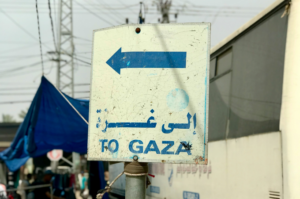
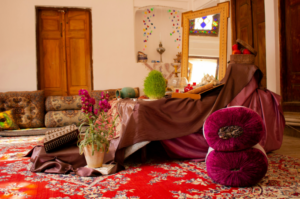
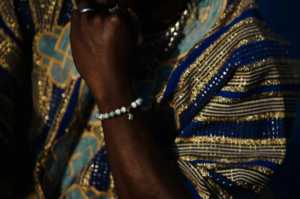

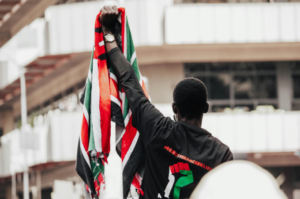
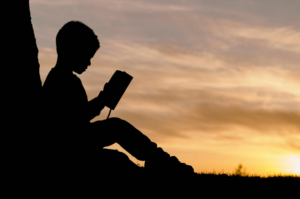

COMMENTS -
Reader Interactions